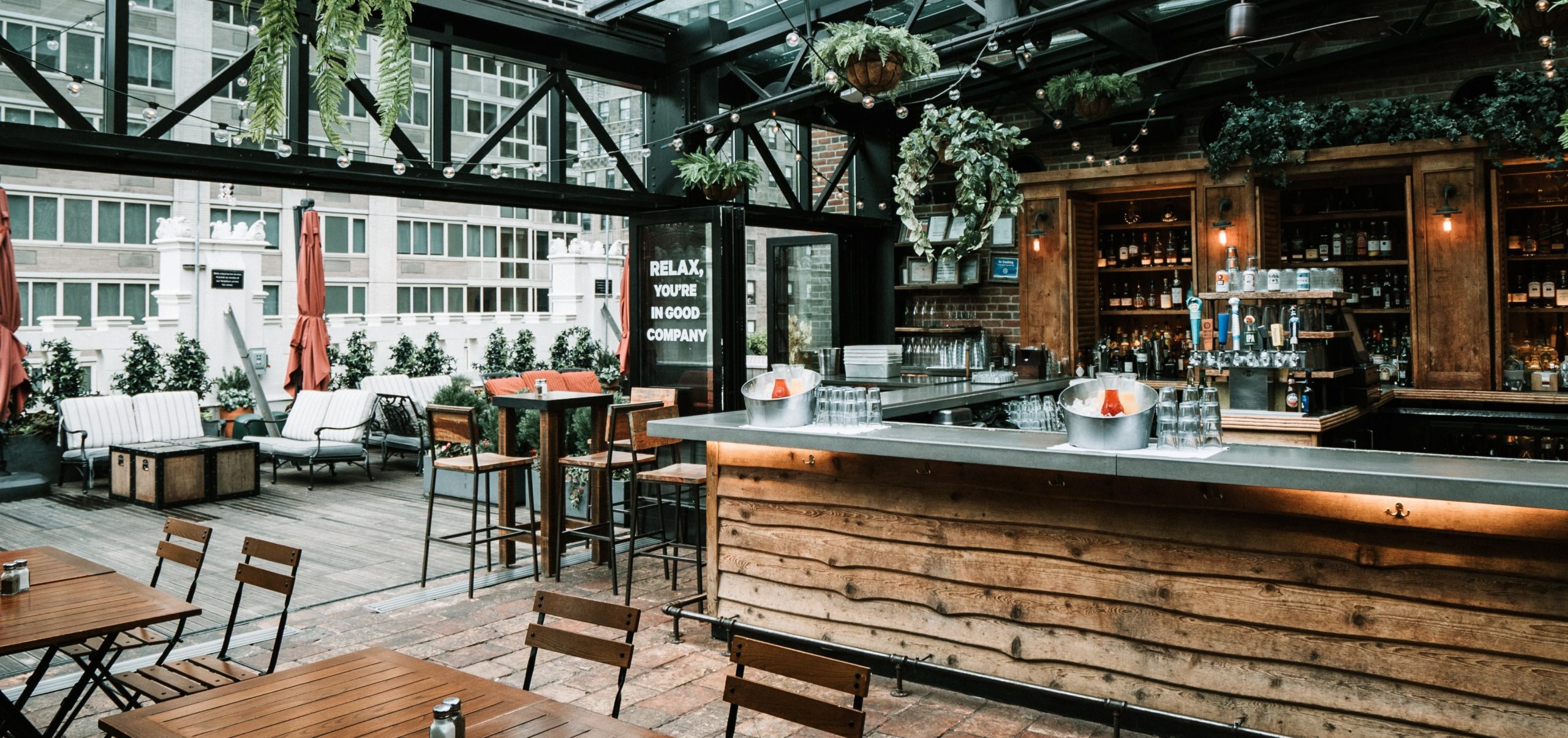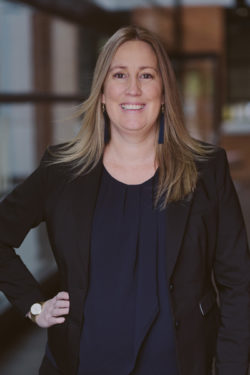The Sale and Supply of Alcohol (Sales on Anzac Day Morning, Good Friday, Easter Sunday, and Christmas Day) Amendment Bill (introduced by Labour MP, Kieran McAnulty) has been drawn from the ballot. The Bill seeks to repeal rules that limit the sale of alcohol on public holidays.
Ready to open a bar or a bottle store?
So, you have finally decided to open a new bar or a bottle store with the aim of creating more job opportunities and helping the economic recovery post Covid19 lockdown. This article focuses on the importance of completing a thorough due diligence before you purchase the property or sign a lease agreement. This article also highlights issues that new applicants, as well as existing licensees, are facing in terms of application processing times post Covid19 lockdown.

Due Diligence
As alcohol licensing specialists, we often see clients who have already signed a lease agreement or purchased a property with the intention of opening a licensed premises on the site. By the time they come to see us, it is often too late to back out of the lease agreement or the purchase if there are issues with the site regarding alcohol licensing. In those cases, applicants then have to take the risk and see if their application will succeed, accepting the fact that the location of the proposed site might be a key issue for the District Licensing Committee (committee) when considering an application for a new licence.
In our view, it is important to carry out complete due diligence before you enter into an agreement as there are a number of matters to check or consider when looking to open new licensed premises. Some of those matters are:
- the provisions under the district plan to see what you can do on-site as of right and for what activities you will need to apply for consent;
- the locality around the site. Is it located in a low socio-economic area where the risk of alcohol-related harm might be high? Is it close to an early childcare centre, school, church, marae, and/or drug rehabilitation service;
- what sort of bar/restaurant/bottle store you plan to operate;
- what sort of customer base are you anticipating in that area;
- is your business going to cater for local residents;
- can you even open new licensed premises on that site? Have you checked the provisions under the LAP;
- what does the LAP say about the location and what restrictions does it impose (if any); and
- what is your experience in managing licensed premises?
All of these factors will help shape your application for an alcohol licence. you take the risk of wasting funds going through the hearing process if you do not complete a risk assessment. If you’re unsure what to do before you apply for an alcohol licence then at rh outset expert advice.
Processing times post Covid19 lockdown
It is also worth noting that post Covid19 lockdown the processing time for an alcohol licence application has significantly increased. There are major delays in application processing mainly because the reporting agencies (Police and Medical Officer of Health)(MOH) have been given an extended reporting timeframe under the Epidemic Preparedness (Sale and Supply of Alcohol Act 2012 – Licence Application Inquiries) Immediate Modification Order 2020 (IMO).
The IMO amends ss 103 and 129 of the Sale and Supply of Alcohol Act 2012 and extends the time for Police and MOH to report on applications: from the date on which the Epidemic Notice is lifted, Police and MOH have 30 (rather than usual 15) working days to file a report with the DLC if they oppose an application. The IMO applies to all applications filed after 25 March 2020 and DLCs are unable to make a decision on a licence application unless they receive a report from the Police and the MOH.
In our view, the IMO was enacted with the intention that these changes in statutory timeframes would be temporary and quite possibly to deal only with matters during the level 4 lockdown. The government has been issuing subsequent ‘renewal notices’ to keep the IMO current which means that the reporting timeframe for Police and MOH keeps getting extended further. The roll-on effect of the IMO is that there is now a significant backlog of new applications, as well as renewals, sitting with licensing inspectors waiting on reports from the Police and MOH. From our experience in Waikato, Waipa and Hamilton, some of those applications were filed 6 months ago and are still waiting on reports. We do not think this is what Parliament intended when it enacted the IMO.
We strongly recommend to our clients that they allow for a significant processing timeframe given the delays we are experiencing in getting Police and MOH report on applications.
This article is current as at the date of publication and is only intended to provide general comments about the law. Harkness Henry accepts no responsibility for reliance by any person or organisation on the content of the article. Please contact the author of the article if you require specific advice about how the law applies to you.
For further information

Sarah Rawcliffe



